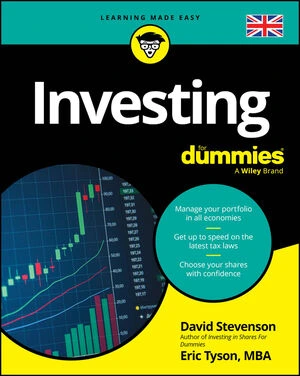Although fluctuations in economics markets are extremely difficult to predict, good times always follow the bad. How can you take advantage of personal investing opportunities when economic recovery arrives? Follow these five steps to make the most of an economic turnaround when you invest.
Don’t wait for confirmation of economic recovery before you invest: Historically, markets have recovered long before the economy. So, if you were to wait for the economy to recover before you began to make your investments, you would be too late.
The time to invest is always when fear is running rampant in the marketplace and value is at its greatest. Look for periods when dividends are at very high levels and prices are at multi-year lows. As long as you remain diversified in your investment portfolio, the right timing — and patience — could reward you handsomely.
Look for value: The recent price movement of the asset is far less important than its value. The time to invest is not when the market going up, it's when value is at its greatest. Look for asset classes that have very high value from a historical measure in the areas of price, dividends, and earnings. These are the asset classes that have traditionally performed best when the market recovers.
Pick the asset classes that have a good track record during a recovery: When investing in anticipation of a recovery, know that certain asset classes tend to perform far better than others at the beginning of a recovery.
These asset classes are obviously riskier, especially during a down market; however, they tend to lead the charge in the recovery. If you anticipate or are in the midst of a recovery, the following assets will give you the best bang for your buck.
Small cap stocks
Growth stocks
High yield bonds
Don’t put all of your financial eggs in one basket: Even though it may seem like things can’t get worse or the market recovery is in full swing, never put all your investment dollars in only one or two asset classes.
The history of economics attests to a compelling inability, even by experts, to predict cycles. If you invest with an eye to value and position yourself for the recovery, do it with only a percentage of your portfolio. Keep your cash, treasuries, and commodities in place as protections against a downturn that is longer than anticipated.
Be patient: Do not expect that you will predict the bottom in the market. When a full blown recovery comes, markets move up aggressively. Even if your investment in the recovery was 6 months premature, you will see tremendous returns over a 2–5 year period.






